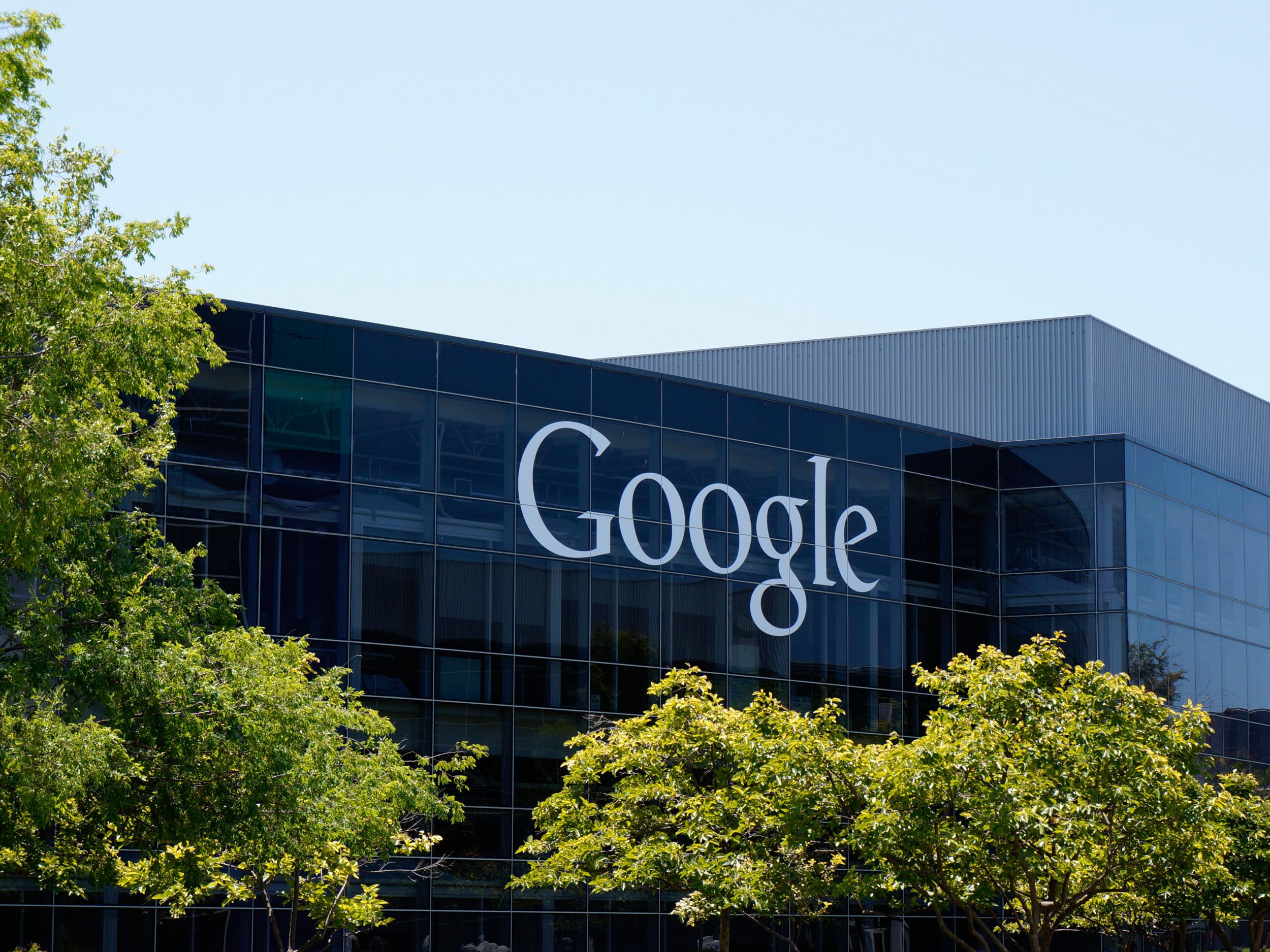Google loses 'right to be forgotten' fight against businessman and must delete information about him
The ruling could have huge implications for the future of information on the internet

Google has lost a landmark “right to be forgotten” ruling and must delete information about a businessman.
The site must now remove historical articles about the man having committed crimes in his past. He claimed that the information was no longer relevant and that it should be deleted.
In a major blow to Google, which fought the case, a High Court judge agreed.
But it did win against another businessman who was fighting against Google at the same time and had committed a more serious offence.
The right to be forgotten, or right to erasure, is a major concept in European law that allows people to request information about themselves to be removed from the internet when it is no longer relevant. The two businessmen claimed that it should apply to reports about their crimes, since their punishments had been served and they claimed they had now been rehabilitated.
Judges ruled that neither of the men should be identified as part of the case.

Lawyers said their claims, which were brought under data protection law and for “misuse of private information”, were the first of their kind to be aired in England.
Mr Justice Warby said the businessmen, who cannot be named for legal reasons, complained of search results returned by Google that feature links to third party reports about their convictions.
Their claims were based, he said, on the “right to be forgotten”, or “more accurately” the right to have personal information “delisted” or “de-indexed” by the operators of internet search engines.
The businessman who lost his case to be “delisted” complained about three links returned by Google providing information about his conviction for “conspiracy to account falsely”, for which he received a sentence of four years.
The businessman who won was sentenced to six months’ imprisonment for “conspiracy to carry out surveillance” and in his case, which related to complaints about 11 “source publications”, the judge said an “appropriate delisting order should be made”.
However, the judge ruled out any damages payment.
Additional reporting by agencies
Join our commenting forum
Join thought-provoking conversations, follow other Independent readers and see their replies
Comments
Bookmark popover
Removed from bookmarks